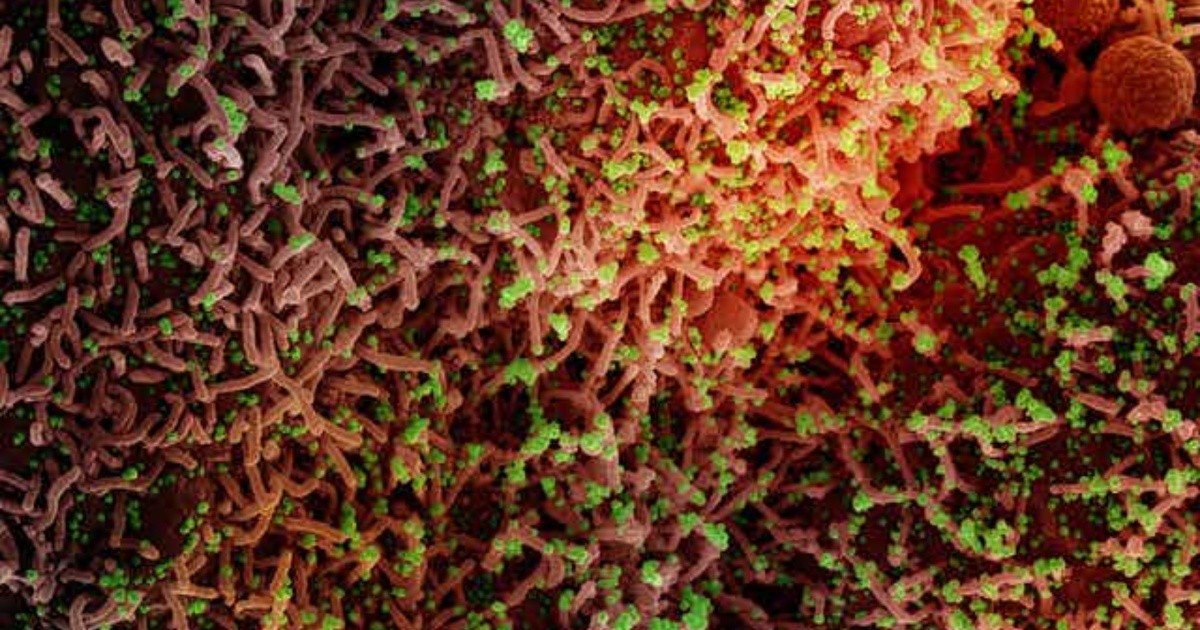The BA.2 subvariant of the Omicron variant of the coronavirus, which has advanced rapidly in Denmark, is more transmissible than the more common BA.1 and more capable of infecting vaccinated people, according to a Danish study.
The study, which looked at Covid-19 infections in more than 8,500 Danish households between December and January, found that people infected with the BA.2 subvariant were approximately 33% more likely to infect other, compared to those infected with BA.1.
Worldwide, the “original” BA.1 subvariant accounts for more than 98% of omicron cases, but BA.2 has quickly become the dominant strain in Denmark, dethroning BA.1 in the second week of January.
“We conclude that omicron BA.2 is intrinsically more transmissible than BA.1 and that it also has immunoevasive properties that further reduce the protective effect of vaccination against infection,” the study’s investigators write.
The study, which has not yet been peer-reviewed, was conducted by researchers from the Statens Serum Institut, the University of Copenhagen, Statistics Denmark and the Technical University of Denmark.
“If you have been exposed to Omicron BA.2 in your home, you have a 39% chance of becoming infected in seven days. If you have been exposed to BA.1 instead, the chance is 29%,” study lead author Frederik Plesner told Reuters.
This suggests that BA.2 is 33% more infectious than BA.1, he added.
BA.2 cases have also been reported in the United States, United Kingdom, Sweden, and Norway, but to a much lesser extent than in Denmark, where it accounts for approximately 82% of cases.
But vaccines still play an important role, the study underscores, as both booster-vaccinated and fully vaccinated individuals were less likely to become infected and transmit either subvariant, compared to unvaccinated individuals.
The study also confirms preliminary analyzes carried out in England, which showed that BA.2 appears to have a substantial growth advantage over the BA.1 type, according to the UK Health Security Agency.
















